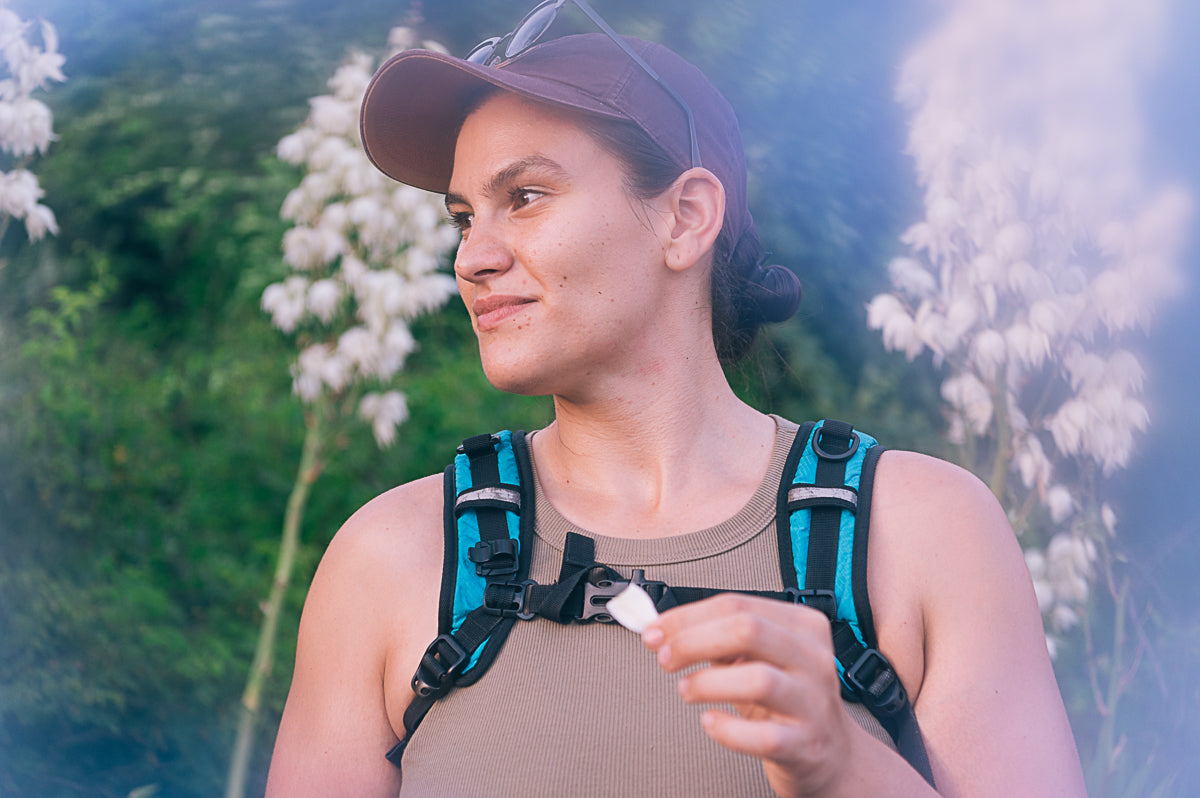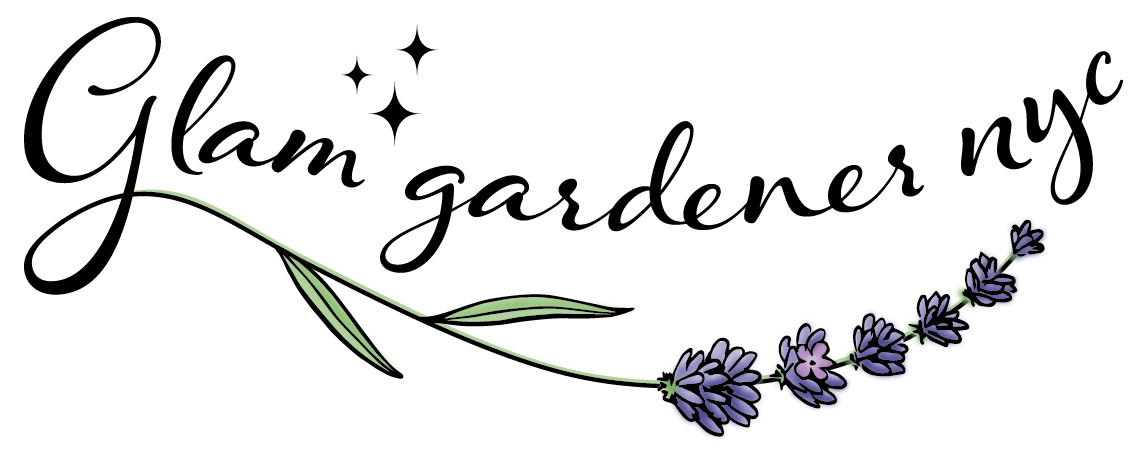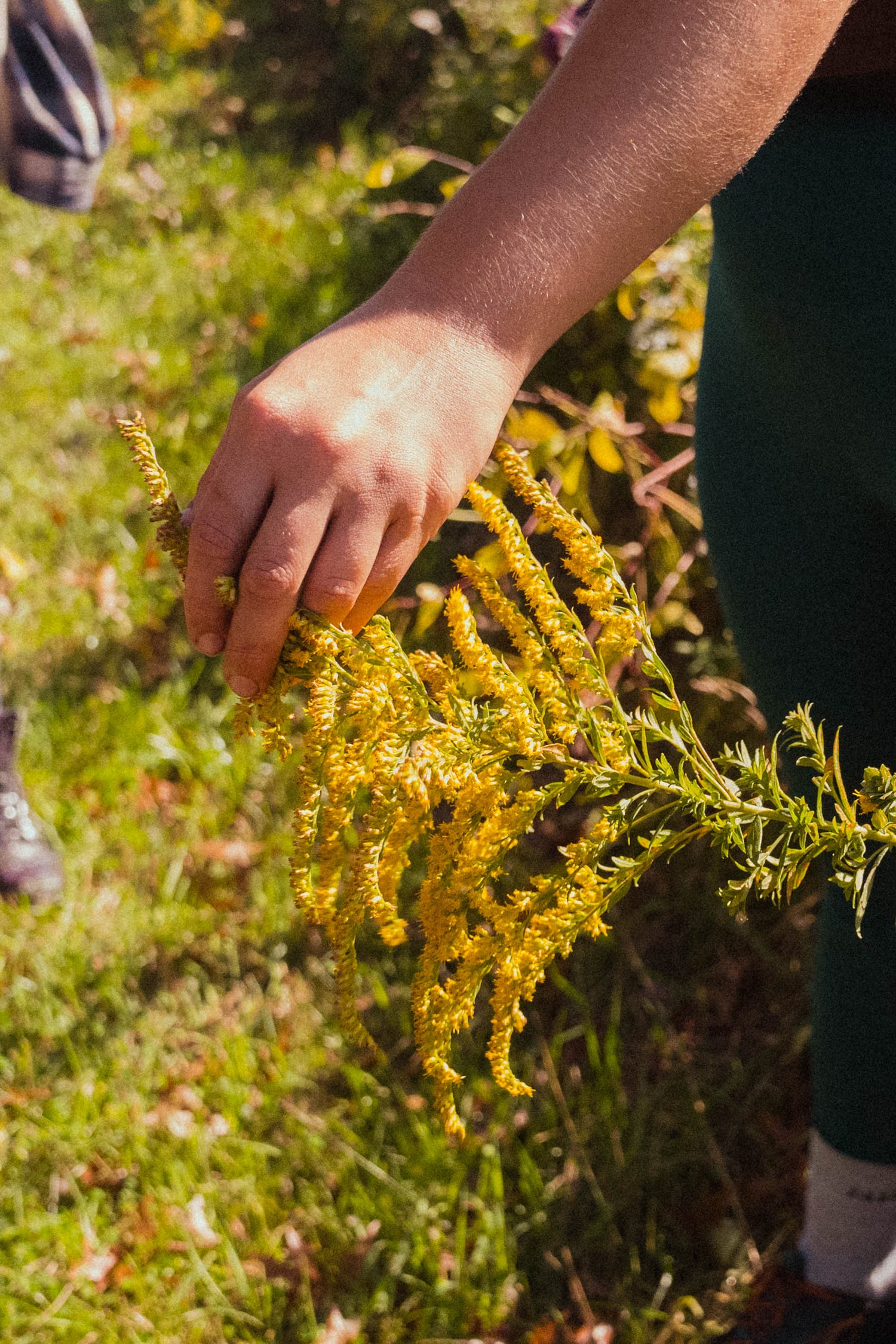TLDR AKA here’s the 3-sentence gist of this article: St. John’s wort has been used for thousands of years as a healing plant and it’s been extensively researched for its effect on mild to moderate depression. The results are promising, but you should take caution before taking this plant if you are on medications that it might interact with.

Glam Gardener NYC offers organic and wild-foraged herbal products, art, and education under one roof.
This article is part of our Foraging Blog, which hosts a compilation of online resources, articles, and videos made for both seasoned nature lovers & beginners alike.
Scroll to keep reading
Depression sucks. It’s a big deal and it’s complicated to say the least. According to the National Institute of Mental Health, anywhere between 7% and 16% of the United States population has experienced a depressive episode. Depression is a complex phenomenon for which nobody has the cure. And we wouldn’t be doing our due diligence if we claimed we had the cure either. We don’t.
BUT what we do have is a few thousand years of anecdotes and some striking scientific research about St. John’s wort. Which suggests this plant is making serious strides in helping people with symptoms of mild to moderate depression.
People are seeking plants like St. John’s wort for their depression in lieu of pharmaceutical antidepressants to avoid unwanted side effects from the pills. So, let’s traverse a couple thousand years of history together and learn a thing or two about why this plant is so revered.
Psst... our heart goes out to anyone struggling with depression and we do not judge anyone that is taking pharmaceutical antidepressants to cope. We are excited about the prospect of natural remedies and plant healers in all of their forms. We hope this information inspires you to both seek help and self-help, in a way that is best suited for you.
What is St. John's Wort?
St. John’s wort is known as the anti-depressant, mood-boosting, seasonal affective disorder-battling plant. Quite the trifecta!
We’re going to dive a little bit into how this plant works, how to take it, and some cautionary information for using this plant safely.
The common names of many healing plants end in “wort.” This should ring a bell to you to look further, if you ever stumble upon a “wort” when foraging in the field. For example, Mugwort, is a medicinal plant that we love so much, we offer both a tincture and a tea infused with its leaves and flowers. And don’t forget about Motherwort, a plant in the mint family well-known for its heart calming abilities.
Like Mugwort and Motherwort, St. John’s wort grows wild across the United States, but finds its roots in Central Asia and Europe. It has a long history of use in ancient European herbalism.
As early as the fifth century B.C.E., the Greek physician and philosopher Hippocrates was one of the first to document the therapeutic uses of St. John’s wort. Thousands of years ago, ancient Greeks and Europeans used this plant for wounds, burns, poisonous bites, menstrual disorders, and to drive evil spirits away.
But in modern times, St. John's wort isn't so renowned for its ability to drive evil spirits away. It's most known for aiding with symptoms of mild to moderate depression.
Scientific researches have been studying St. John's wort for 50+ years. There have been more than 35 controlled clinical studies of St. John's wort extracts for the treatment of mild to moderate depression. Several meta-analyses (a meta-analysis is study of the results of many major studies) have documented the relative safety and probable efficacy of this medicinal plant.
How does St. John's wort work?
We’ll keep this simple and link some intense research studies at the bottom of this article for the folks that like to dive deep.
St. John’s wort contains many naturally occurring active substances. However, there are 2 that particularly stand out and they are called hypericin and hyperforin, which are believed to have the greatest medicinal activity.
Hypericin may lead to increased dopamine levels and decrease norepinephrine and epinephrine. These are all neurotransmitters and hormones that influence our critical functions, mood, and health.
Hyperforin exhibits antidepressant activity, antibiotic activity, and antitumoral activity.
This plant also has other compounds, including the following:
Flavonoids rutin, quercetin, and kaempferol: Flavonoids are a diverse group of phytonutrients found in nearly all fruits and vegetables and they’re responsible for their vivid colors. In recent years, scientists have turned to various flavonoids to explain some of the health benefits associated with diets rich in fruits and vegetables. Like other phytonutrients, flavonoids are powerful antioxidants with anti-inflammatory and immune system benefits.
Taking St. John's Wort as a tincture
How to take a St. Johns wort tincture and what makes ours unique.
How should I take it? You should seek a medical professional or clinical herbalist on specific guidance with dosing any herbal remedy. The most common dosage ranges between 1-3 times each day with meals, for up to 6 weeks.
Glam Gardener NYC offers a guide on how to take herbal tinctures. You can read the entire guide by clicking this link. We recommend 3-9 dropperfuls of tincture per serving size.
What else is it used for? Since it has antibacterial and antiviral activity, it is commonly used as a topical salve for wound healing, joint pain, and general skincare.
Glam Gardener NYC offers herbal products with nothing else besides organic, wildcrafted, and local ingredients. Our tinctures are made with wild-harvested plants, foraged from pristine forests in the northeastern region of the United States.
We harvested this St. John’s wort in a beautiful sunny field in Pennsylvania. The other ingredients in our St. John’s wort tincture include organic alcohol, water, and certified sustainable palm-based vegetable glycerin.
Precautions & Resources
Pair text with an image to focus on your chosen product, collection, or blog post. Add details on availability, style, or even provide a review.
St. John’s wort can interact with, and reduce the effect of some medications. Linked below is a guide.
Consult your doctor before consuming St. John's Wort if you are on prescription medication. To learn how St. John's wort may interact with common medications, click here for a resource by the Mayo Clinic.
We are advocates for self-empowerment, research, and natural healing. We encourage you to research the wealth of resources out there, both favorable and critical to St. John’s wort. Like just-about-every other natural and pharmaceutical therapy, the effectiveness of St. John’s wort as a remedy will continuously be under debate.
Many people refer to herbal remedies as plant allies. Meaning that they can be powerful aids in influencing our health. But there are no one-stop-shop cures for anything. We won’t get the results we want if we expect an ally to do all of the work. We find that approaching health holistically leads to the best results.
If you or a loved one is experiencing mild to moderate depression, here are some things we’ve found incredibly helpful.
-
Sunlight
Vitamin D
Spending time in nature
Gut health
Assessing diet
Targeting food sensitivities
-
Talk therapy
Cognitive behavioral therapy
Coaching
Removing toxins from beauty and household products
Daily movement
-
Exercise
Yoga
Seeking wisdom through books and talks
Support from friendly strangers, community, and loved ones
We wish you the best of luck on your journey. We're all in this together.
Resources:
Click this link for an excerpt about the medical attributes of St. John’s wort, from, “Herbal Medicine: Biomolecular and Clinical Aspects. 2nd edition.”
Click this link for an excerpt about clinical research and St. John’s wort from , "ABC Clinical Guide to Herbs."
Disclaimer:
We are not doctors and this blog does not offer medical advice. Many of St. John's Wort's health benefits are well documented in many herbal books, both old and new, and are not intended to diagnose, treat, cure, or prevent any disease. Furthermore, these statements have not been evaluated by the food and drug administration. When in doubt consult your healthcare provider or a clinically trained herbalist.
glamgardenernyc
St. John's Wort tincture (seasonal depression ally + mood booster)
Share





